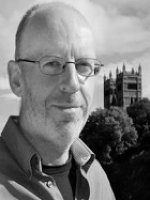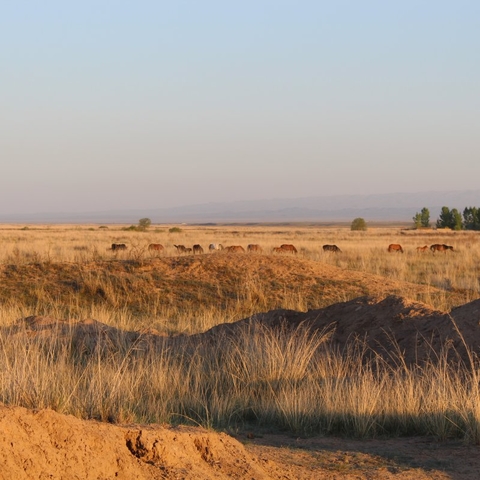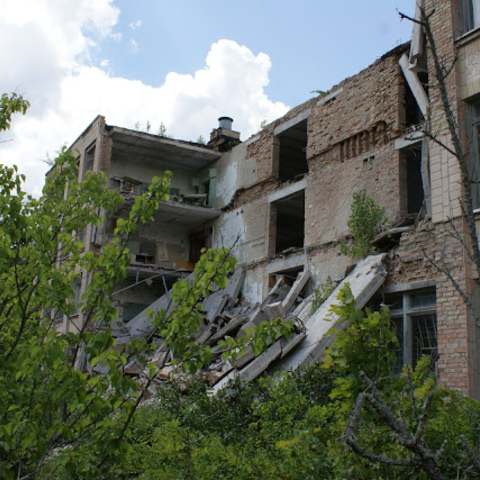
David Moon
David Moon is Anniversary Professor of History at the University of York. His work on environmental history considers the interrelationship between the human and non-human worlds, and how people have understood this interrelationship, over time. As well as conventional historical research in archives and libraries, he takes part in field trips to explore the environments he is researching and to engage with scientists who study them.
He is lead investigator on a Leverhulme International Network: ‘Exploring Russia’s Environmental History and Natural Resources’, involving specialists from UK, US and Russian universities, which involves annual field trips to key locations in Russia and Ukraine.The project culminated in the book: Place and Nature: Essays in Russian Environmental History.
In addition, he has explored the parallels and connections between Russia and Ukraine's steppes and America’s Great Plains in the book The American Steppes: The Unexpected Russian Roots of Great Plains Agriculture, 1870s–1930s.
His research on the American Great Plains builds on his most recent book: The Plough that Broke the Steppes: Agriculture and Environment on Russia’s Grasslands, 1700-1914 (OUP, 2013). http://www.york.ac.uk/history/publications/theploughthatbrokethesteppes/ 'The Plough that Broke the Steppes' was selected as one of ten history books of the year for 2013 by the Financial Times and was the winner of the Alexander Nove Prize in Russian, Soviet and Post-Soviet Studies awarded by the British Association for Slavonic and East European Studies, 2013.
Read his blog about the book at: http://blog.oup.com/2013/04/environmental-history-russia-steppes/
He has also been involved in collaborative research projects on environmental history in Britain , leading to the publication of a book, co-edited with Peter Coates and Paul Warde: Local Places, Global Processes: Histories of Environmental Change in Britain and Beyond (Windgather, 2016).
His research has been funded by the Arts and Humanities Research Council (AHRC), the British Academy, the Carnegie Trust, the Leverhulme Trust and the Santander Bank. He has held fellowships at the Institute for Advanced Study in Princeton (2008-9) and the Kennan Institute at the Woodrow Wilson Center in Washington, DC (2007). He makes regular research trips to Russia, Finland, Ukraine and the USA.


